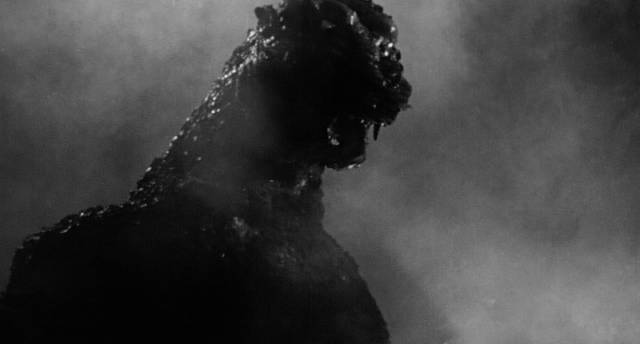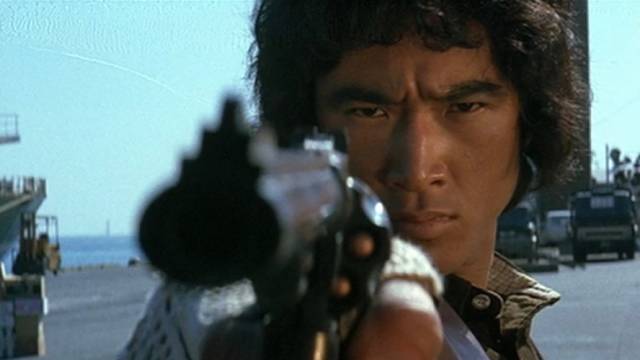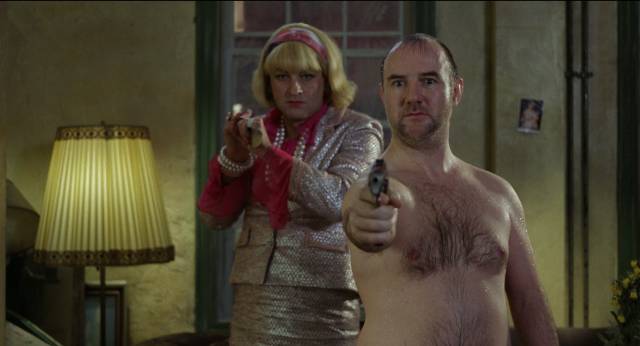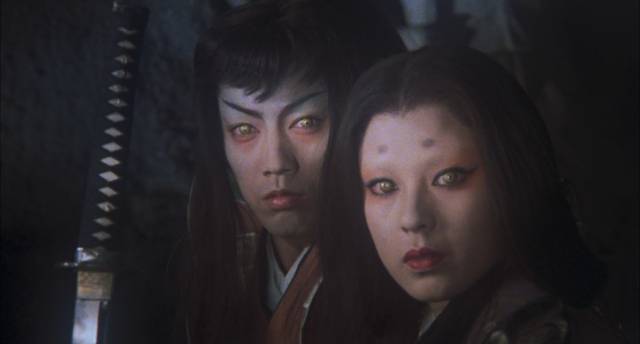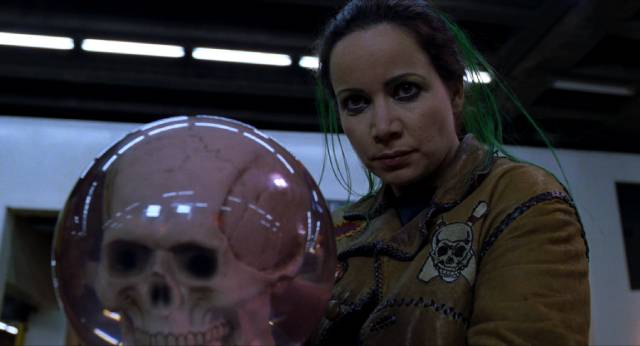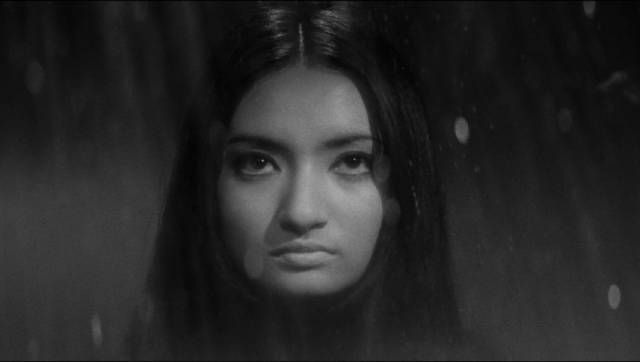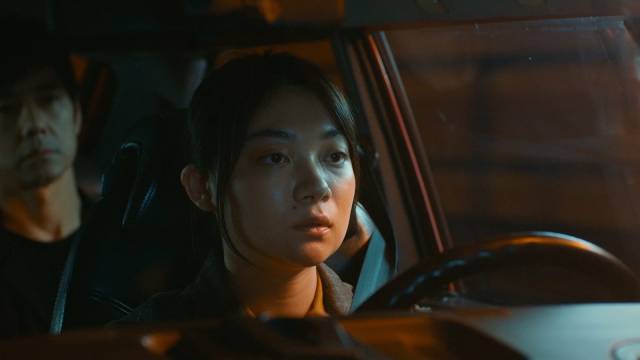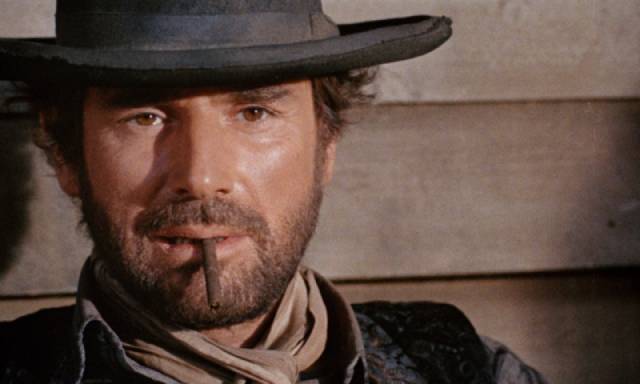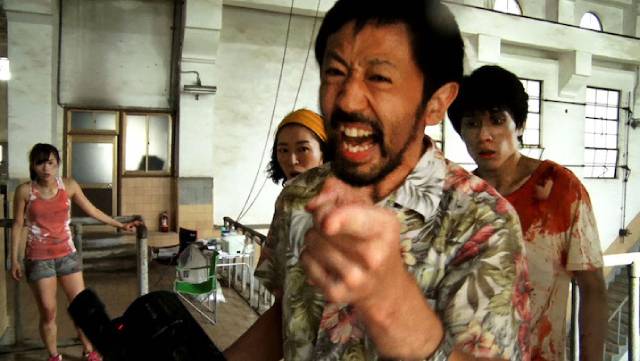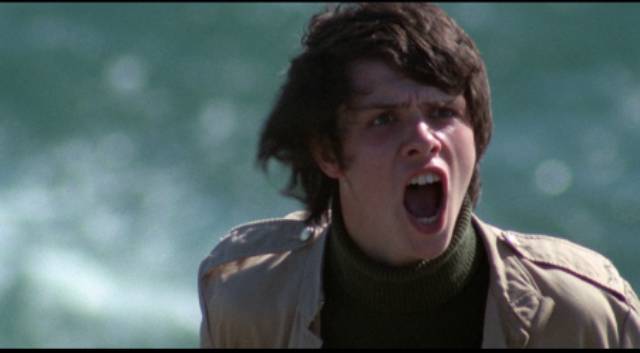
A selection of new and slightly older Arrow releases range from ’70s Japanese gangster movies by Kinji Fukasaku to David Cronenberg’s icy adaptation of J.G. Ballard’s Crash (1996), from an early feature by John Mackenzie combining a satire of class with psychological suspense to a sampler of sci-fi and horror movies produced in the ’80s by Charles Band’s Empire International Pictures.
